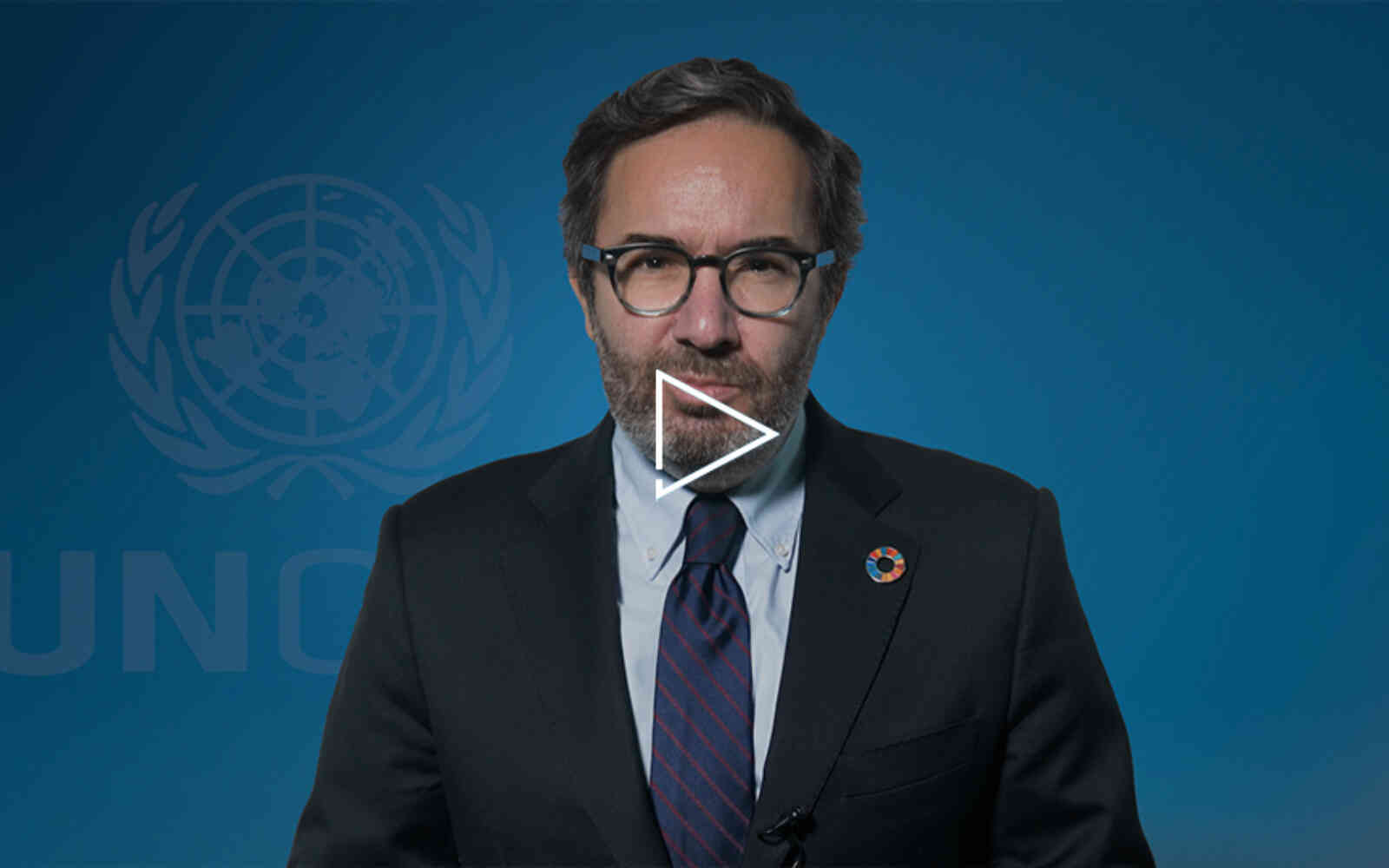The United Nations Office for Project Services (UNOPS)
A new way to police: Getting communities involved
A new project is designed to strengthen community policing and public order in 20 districts in Ukraine.
"Community policing and public order policing were selected as the priorities for the project as they are central to making policing more effective and more accountable to the public. Service to the public with full respect for human rights must always be the basis for policing," said the Swedish Ambassador to Ukraine, H.E Martin Hagström.
Launched at the end of April, the 6 million euro project will be implemented by the Swedish police and UNOPS. Activities are expected to span 18 months and are fully funded by the European Union.
Up to 420 police officers will receive training in community policing and public order, out of which 60 officers are expected to become trainers themselves.
Plans are also underway to refurbish 20 police stations, and provide protective equipment and vehicles to support the important work of Ukraine's community police officers.
What is community policing?
Community policing aims to build strong links between the police and the people they serve. It involves different community stakeholders, such as local authorities, local businesses and religious leaders. Community policing encourages a holistic approach to preventing and solving crime, with an emphasis on working with the community to identify the causes of crime.











